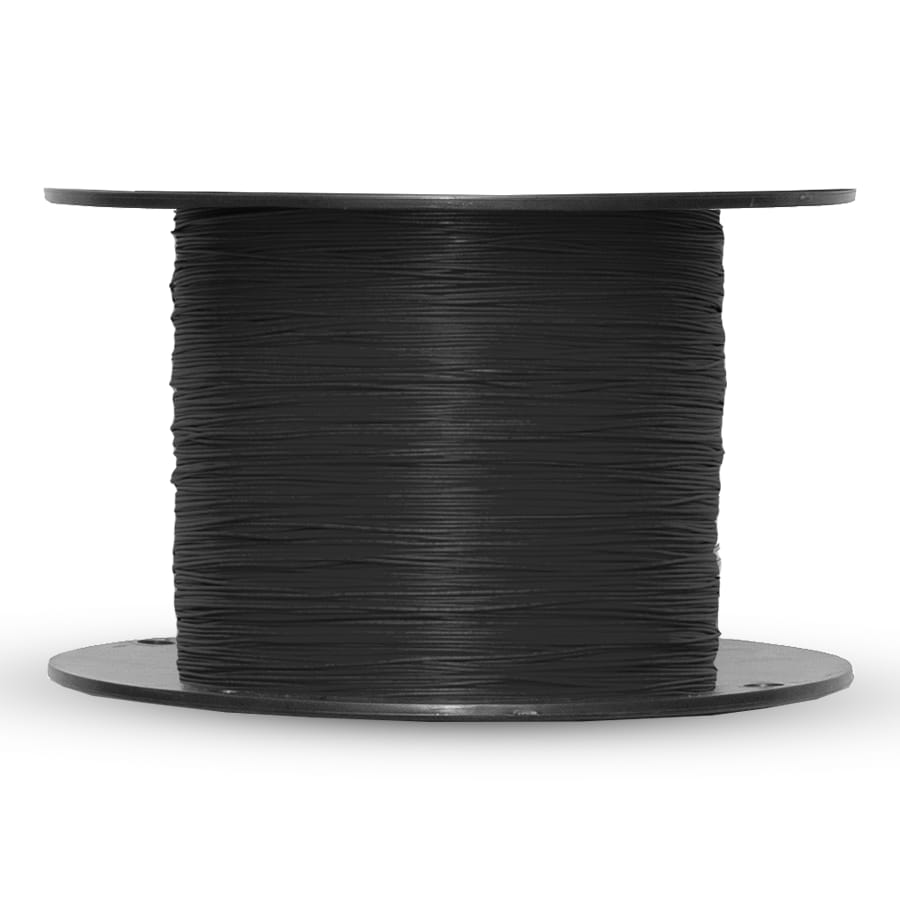
M22759/28-18 — 18 Gauge M22759/28 Mil-Spec Wire
The M22759/28-18 cable is a robust electrical cable designed to meet the requirements of various industrial and commercial applications. With an approximate weight of 8.05 pounds per thousand feet, it offers a balance of durability and flexibility.
Featuring an 18 AWG size, this cable is suitable for a wide range of electrical applications. It is constructed with silver-coated copper conductors, known for their excellent electrical conductivity, corrosion resistance, and durability. The conductor stranding consists of 19 strands, each with a 30-gauge thickness, ensuring both flexibility and strength.
This cable is insulated with Polytetrafluoroethylene (PTFE), a material renowned for its exceptional thermal and electrical insulating properties. The jacket material is Polyimide (PI), providing additional protection and robustness. With a maximum outer diameter of 0.071 inches and a maximum operating temperature of 200 degrees Celsius, it is well-suited for use in high-temperature environments.
Compliant with Mil-Spec M22759/28 and SAE Spec AS22759/28 standards, this cable meets rigorous industry regulations and quality standards. It is equipped with 19 strands, ensuring reliable performance and compliance with the demands of various applications.
The M22759/28-18 cable is a dependable and durable solution ideal for numerous applications. Its silver-coated copper conductors, PTFE insulation, Polyimide jacket, and high-temperature rating make it well-suited for environments where consistent signal transmission and resistance to high temperatures are essential.
M22759/28-18
Part Number
M22759/28-18
Attributes
1
8.05
18
Silver-Coated Copper
19/30
Polytetrafluoroethylene (PTFE)
Polyimide (PI)
JB
0.071
200C
M22759/28
0.067
-55C
19
0.047
AS22759/28
30
600
